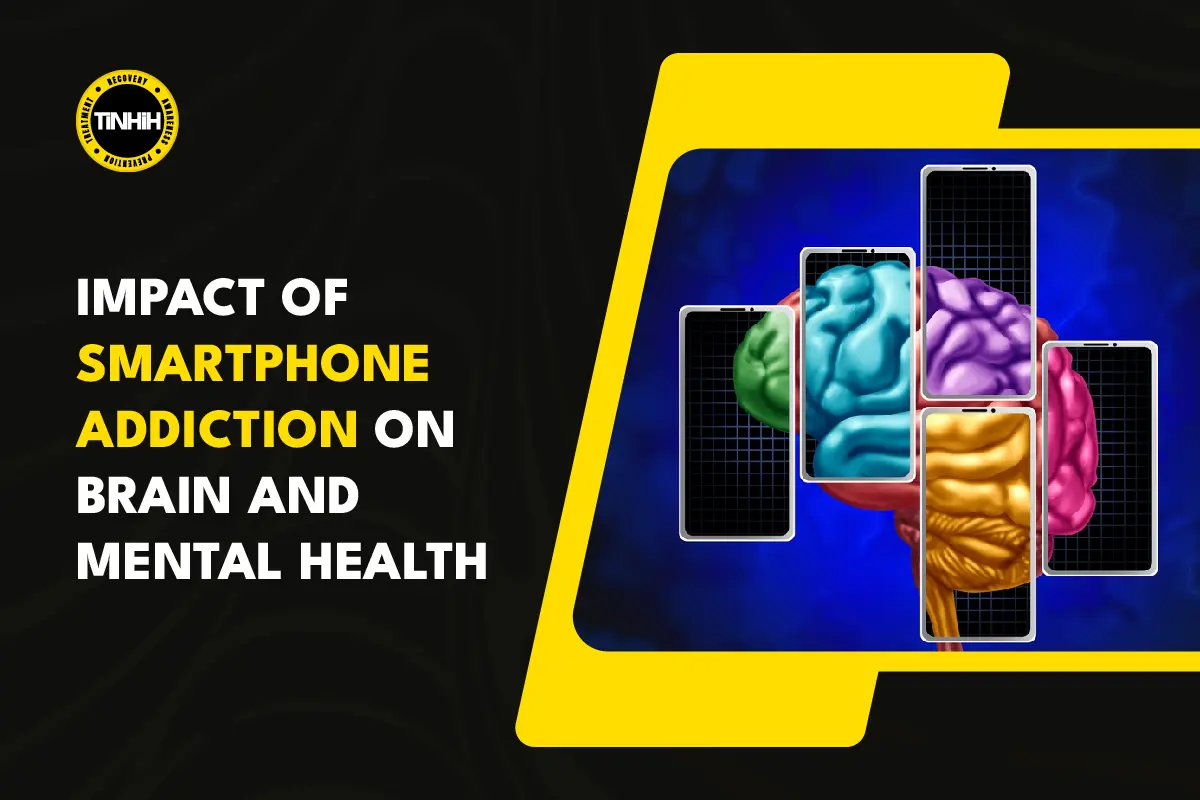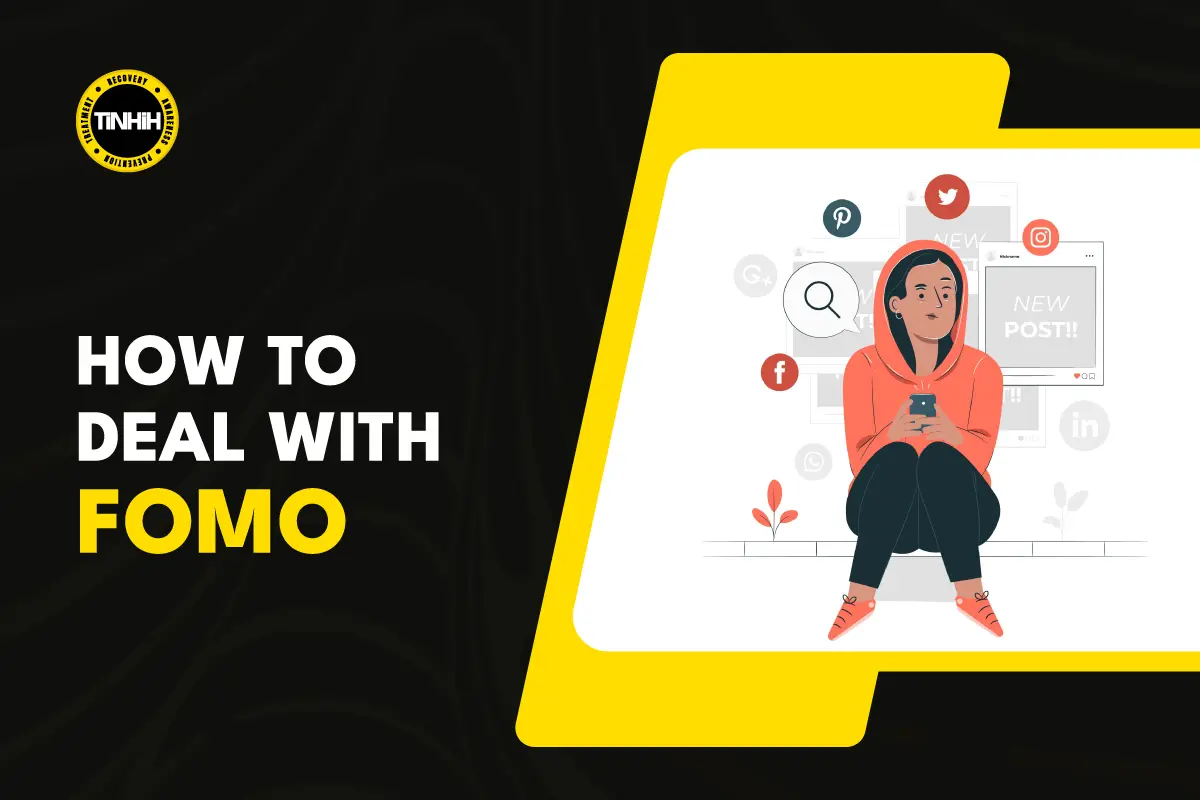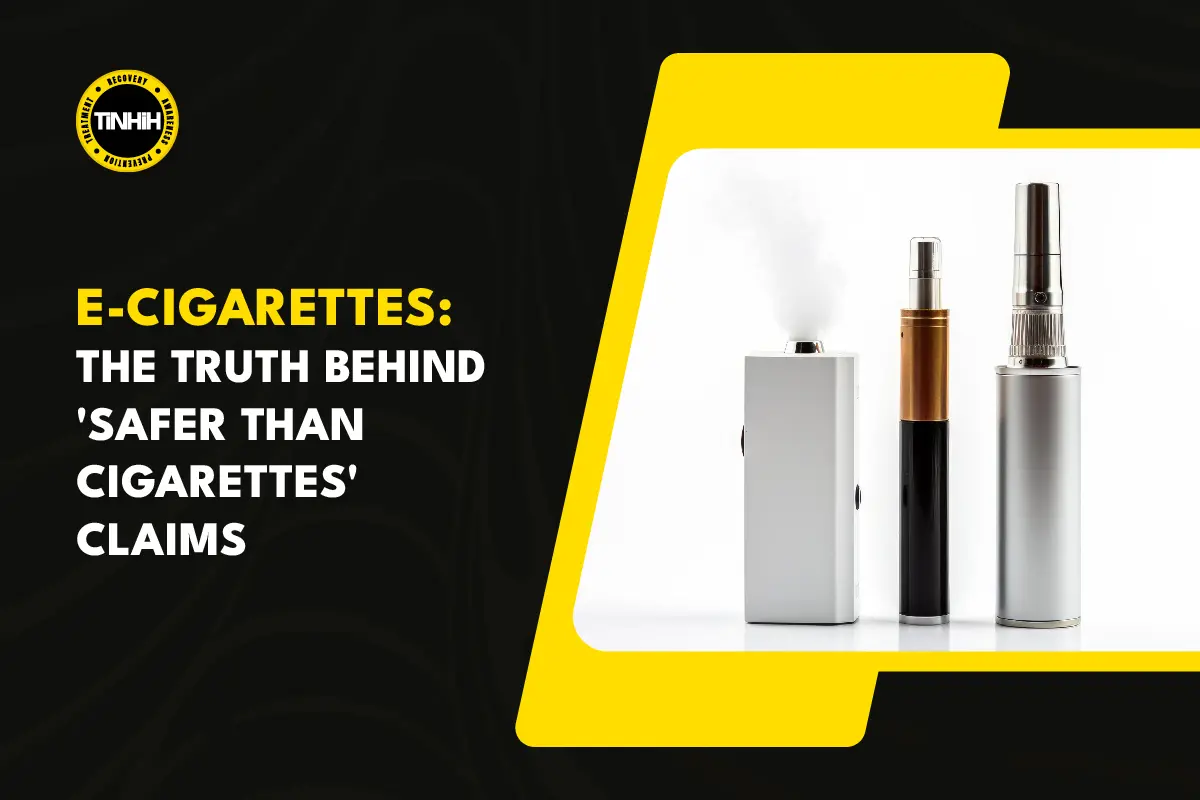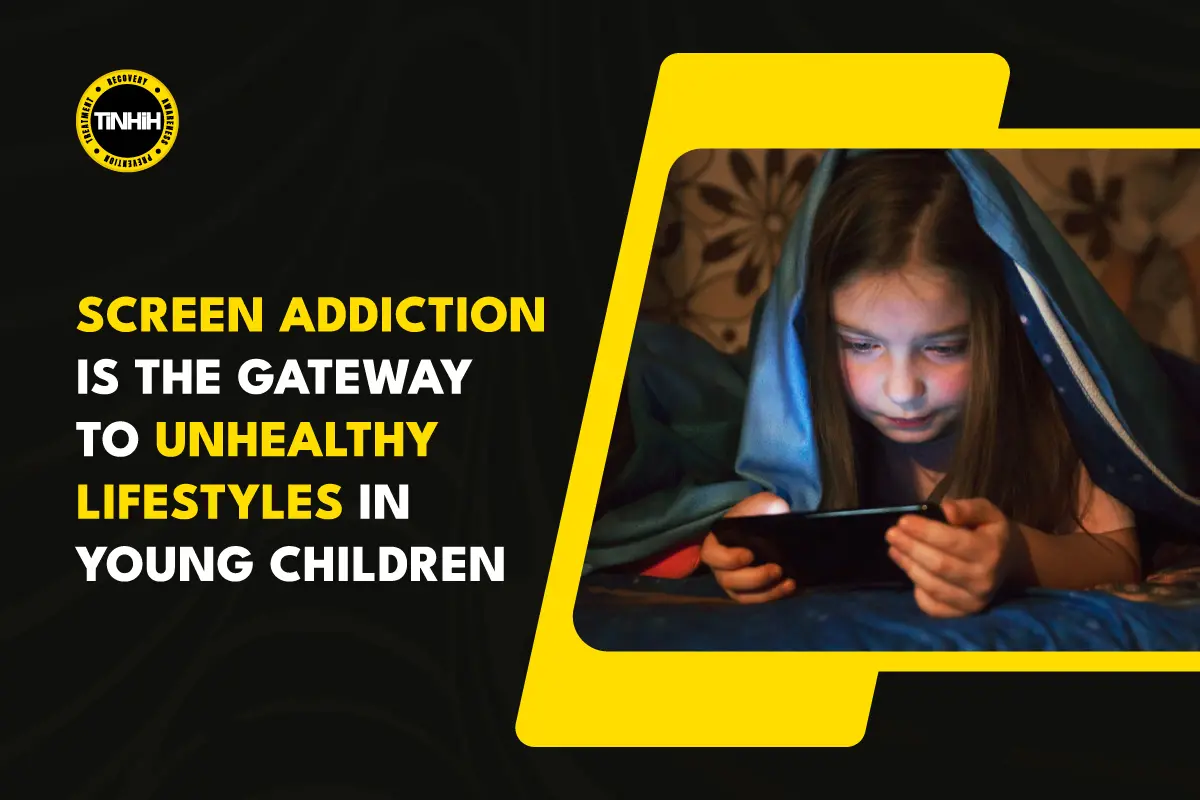
How To Deal With FOMO: Overcoming the Fear of Missing Out

Where social media platforms flood our screens with snapshots of seemingly perfect lives, it’s no wonder that many of us find ourselves grappling with the pervasive phenomenon known as FOMO or the Fear of Missing Out.
FOMO isn’t merely a passing feeling; it’s a complex emotional state driven by the fear of being excluded, overlooked, or left behind. From glamorous vacations to picture-perfect parties, the constant barrage of curated content can leave us feeling inadequate and anxious about what we might be missing out on.
Acknowledging the prevalence of FOMO in today’s society is essential. It’s not just a fleeting emotion experienced by a few; it’s a widespread phenomenon that affects people of all ages and backgrounds. Whether you’re a teenager scrolling through Instagram or a professional navigating the competitive landscape of your industry, the fear of missing out can cast a shadow over your thoughts and actions.
Addressing and managing FOMO isn’t just about regaining control of your time and attention; it’s about safeguarding your mental well-being. Research has shown that unchecked feelings of FOMO can lead to increased stress, anxiety, and even depression. Moreover, constantly comparing ourselves to others’ highlight reels can erode our self-esteem and sense of self-worth.
Table of Contents
Definition of FOMO
FOMO, an acronym for the Fear of Missing Out, describes the apprehension or anxiety individuals feel when they believe others are experiencing rewarding or satisfying events from which they are absent.
This fear is not merely about missing out on events themselves but also the fear of missing out on the positive emotions, connections, or opportunities associated with those events. FOMO can manifest in various situations, from social gatherings and travel experiences to professional achievements and even mundane everyday activities.
Psychological Factors Contributing to FOMO
Several psychological factors contribute to the development and exacerbation of FOMO:
- Social Comparison: Humans have an innate tendency to compare themselves to others, often leading to feelings of inadequacy or envy. In the age of social media, where people showcase their best moments and achievements, this comparison becomes more pronounced, fueling FOMO.
- Need for Belongingness: Humans are social beings who crave connection and acceptance from others. FOMO arises when individuals fear being excluded or left out of social circles or activities, which threatens their sense of belongingness.
- Reward Sensitivity: Individuals with high levels of FOMO tend to be more sensitive to potential rewards associated with social events or experiences. They fear missing out on opportunities for pleasure, excitement, or personal fulfillment, leading to heightened anxiety and impulsivity.
- Uncertainty Avoidance: FOMO can also stem from a desire to avoid uncertainty or ambiguity. The fear of missing out on important information or experiences drives individuals to constantly seek reassurance or validation, often through excessive engagement with social media or technology.
Impact of Social Media and Technology on FOMO
The rise of social media platforms and digital technology has significantly amplified the phenomenon of FOMO:
Curated Content
Social media platforms are curated spaces where individuals selectively share highlights of their lives, creating an illusion of constant excitement and success. Constant exposure to such curated content can exacerbate feelings of inadequacy and fuel FOMO.
Instantaneous Updates
The real-time nature of social media allows users to receive instant updates about others’ activities and experiences. This constant stream of information can intensify feelings of FOMO, as individuals fear missing out on the latest news or events.
Social Comparison
Social media facilitates constant comparison with others, often leading to distorted perceptions of reality. Individuals may perceive their own lives as less fulfilling or successful compared to the idealized versions presented on social media, contributing to FOMO.
Digital Connectivity
While digital technology has made it easier to stay connected, it has also blurred the boundaries between work and personal life. The constant accessibility and pressure to remain online can exacerbate feelings of FOMO as individuals fear missing out on work opportunities or social interactions.
Signs and Symptoms of FOMO
FOMO can manifest in various ways in our daily lives, often subtly influencing our thoughts, emotions, and behaviors. Recognizing these signs and symptoms is the first step towards addressing and managing FOMO effectively:
- Constant Checking of Social Media: Individuals experiencing FOMO may find themselves compulsively checking their social media accounts to stay updated on others’ activities and events.
- Comparing Yourself to Others: Persistent comparison with others, especially on social media, is a common indicator of FOMO. Individuals may feel inadequate or envious when comparing their own lives to the seemingly perfect lives of others.
- Feeling Anxious or Restless: FOMO often triggers feelings of anxiety or restlessness, especially when individuals perceive themselves as missing out on exciting or rewarding experiences.
- Difficulty Making Decisions: Indecisiveness and hesitation in decision-making can be a sign of FOMO. Individuals may fear making the wrong choice and missing out on better opportunities.
- Overcommitting: People experiencing FOMO may overcommit themselves to social events, professional opportunities, or personal projects in an attempt to avoid missing out on potential experiences.
- Excessive Consumption of Information: Constantly seeking out news, updates, or gossip to stay informed can be indicative of FOMO. Individuals may fear missing out on important information or events if they disconnect from digital sources.
- Restlessness or Discontentment: A pervasive sense of restlessness or discontentment with one’s own life, despite outward success or achievements, can signal underlying feelings of FOMO.
Effects of FOMO on Mental Health and Productivity
Unchecked feelings of FOMO can have profound effects on mental health and productivity, impacting various aspects of an individual’s life:
- Increased Stress and Anxiety: Persistent feelings of FOMO can contribute to heightened levels of stress and anxiety, as individuals constantly worry about missing out on important opportunities or experiences.
- Decreased Self-Esteem: Comparing oneself to others and feeling inadequate can erode self-esteem over time. Individuals may develop a negative self-image and feelings of unworthiness.
- Impaired Decision-Making: FOMO can impair decision-making abilities, leading to indecisiveness and hesitation. Individuals may struggle to prioritize tasks or make informed choices, which can hinder productivity and goal attainment.
- Social Isolation or Overcommitment: FOMO can lead to paradoxical behaviors, where individuals may either isolate themselves due to fear of missing out or overcommit themselves to avoid missing out on potential experiences.
- Decreased Satisfaction with Life: Chronic feelings of FOMO can diminish overall satisfaction with life, as individuals constantly compare their own lives to idealized versions portrayed on social media.
- Impact on Relationships: FOMO can strain relationships, as individuals may prioritize social events or activities over quality time with loved ones. This can lead to feelings of neglect or resentment among friends and family members.
#1. Consequences of Untreated FOMO
Untreated FOMO can exert significant strain on relationships and contribute to feelings of social isolation:
Neglect of Relationships
Individuals consumed by FOMO may prioritize seeking out new experiences or opportunities over nurturing existing relationships. This neglect can lead to feelings of abandonment or resentment among friends and family members.
Difficulty Connecting Authentically
Constant comparison and competition fueled by FOMO can hinder genuine connections with others. Individuals may struggle to engage in meaningful conversations or express vulnerability, fearing judgment or rejection.
Fear of Missing Out on Social Events
The fear of missing out on social gatherings or activities can lead individuals to overcommit themselves, spreading themselves thin and neglecting quality time with loved ones. This can strain relationships and foster feelings of disconnection.
Isolation and Withdrawal
In extreme cases, untreated FOMO can lead to social withdrawal and isolation. Individuals may feel overwhelmed by the constant barrage of social stimuli and retreat into solitude, exacerbating feelings of loneliness and alienation.
#2. Negative Effects on Decision-making and Self-esteem
Untreated FOMO can impair decision-making abilities and undermine self-esteem:
Indecisiveness and Paralysis
The fear of missing out on better opportunities can paralyze individuals, leading to indecision and hesitation. This indecisiveness can hinder progress and prevent individuals from pursuing their goals effectively.
Impulsive Behavior
Conversely, FOMO can also manifest as impulsive behavior, as individuals rush to seize every opportunity for fear of missing out. This can lead to reckless decision-making and regrettable choices in the long run.
Negative Self-Comparison
Constant comparison with others fueled by FOMO can erode self-esteem and self-worth. Individuals may perceive themselves as inadequate or inferior based on unrealistic standards set by social media or peers.
Feelings of Inadequacy
The relentless pursuit of validation and approval in the face of FOMO can foster feelings of inadequacy and self-doubt. Individuals may internalize the belief that they are not good enough, regardless of their accomplishments or successes.
#3. Potential for Chronic Stress and Anxiety
Untreated FOMO can contribute to chronic stress and anxiety, negatively impacting overall well-being:
- Heightened Stress Levels: The constant pressure to stay connected and engaged to avoid missing out can lead to chronic stress. Individuals may feel overwhelmed by the demands of maintaining an active social life while juggling other responsibilities.
- Anxiety about Missing Opportunities: FOMO-driven anxiety can manifest as a persistent fear of missing out on important events or experiences. This anxiety can be all-consuming, disrupting sleep patterns, and impairing daily functioning.
- Deterioration of Mental Health: Prolonged exposure to untreated FOMO can exacerbate existing mental health issues or precipitate the onset of anxiety disorders or depression. The constant comparison and pressure to keep up can take a toll on mental well-being over time.
- Impact on Physical Health: Chronic stress and anxiety associated with untreated FOMO can also have adverse effects on physical health, including increased risk of cardiovascular problems, weakened immune system, and disrupted hormonal balance.
Strategies for Dealing with FOMO
#1: Cultivating Mindfulness and Self-awareness
Practicing Gratitude and Contentment
Cultivating gratitude involves consciously appreciating and acknowledging the positive aspects of one’s life, rather than focusing solely on what is lacking. By regularly practicing gratitude, individuals can shift their perspective away from feelings of scarcity and comparison, towards a greater sense of abundance and fulfillment. This practice can help counteract the negative effects of FOMO by fostering a deeper appreciation for the present moment and what it has to offer.
Mindful Social Media Usage
Mindfulness involves being fully present and aware of one’s thoughts, feelings, and surroundings. When it comes to managing FOMO, practicing mindfulness can help individuals approach social media with greater intentionality and discernment.
Rather than mindlessly scrolling through feeds in search of validation or distraction, individuals can cultivate awareness of their emotional responses to social media and make conscious choices about when and how they engage with digital platforms.
This may involve setting specific time limits for social media usage, unfollowing accounts that trigger feelings of inadequacy, or taking regular breaks to disconnect and recharge.
#2: Setting Boundaries and Priorities
Learning to Say No
Setting boundaries is essential for protecting one’s time, energy, and well-being. Learning to say no to commitments or activities that do not align with one’s priorities or values can help individuals avoid overcommitment and burnout. By asserting their boundaries confidently and respectfully, individuals can create space for the activities and relationships that truly matter to them, rather than succumbing to the pressure to constantly say yes in fear of missing out.
Prioritizing Personal Values and Goals
Clarifying personal values and goals provides a roadmap for decision-making and prioritization. By identifying what truly matters most to them, individuals can align their actions and choices with their long-term aspirations, rather than chasing after fleeting opportunities or external validation. This clarity of purpose can serve as a guiding compass in navigating the myriad distractions and temptations that contribute to feelings of FOMO.
#3: Building Resilience and Confidence
Fostering a Supportive Network
Cultivating a supportive network of friends, family, mentors, and colleagues can provide invaluable encouragement, perspective, and reassurance in times of uncertainty or self-doubt.
Surrounding oneself with positive influences who celebrate one’s achievements and offer constructive feedback can bolster resilience and confidence, making it easier to withstand the pressures of FOMO and maintain a sense of perspective.
Celebrating Personal Achievements and Growth
Taking time to acknowledge and celebrate personal achievements, no matter how small, can boost self-esteem and reinforce a sense of accomplishment. Rather than constantly comparing oneself to others, individuals can focus on their own progress and growth, recognizing that success is subjective and multifaceted.
By practicing self-compassion and celebrating milestones along the way, individuals can build resilience in the face of FOMO and cultivate a more balanced and authentic sense of self-worth.
Practical Tips for Overcoming FOMO
Overcoming FOMO is a journey that requires patience, self-compassion, and a willingness to try different strategies until you find what works best for you. By taking proactive steps to limit triggers, prioritize well-being, and seek professional support when needed, you can regain control of your life and cultivate a greater sense of peace and fulfillment.
Curate Your Social Media Feed
Take control of your social media experience by unfollowing accounts or pages that consistently trigger feelings of envy or inadequacy. Instead, follow accounts that inspire and uplift you, focusing on content that aligns with your interests and values.
Set Boundaries for Digital Usage
Establish designated times for checking social media and limit your overall screen time to reduce exposure to FOMO triggers. Consider using apps or features that track your usage and remind you to take breaks when necessary.
Practice Digital Detoxes
Periodically disconnect from social media and digital devices to reset your mental state and gain perspective. Use this time to engage in offline activities that bring you joy and fulfillment, such as spending time outdoors, pursuing hobbies, or connecting with loved ones face-to-face.
Explore New Hobbies and Interests
Redirect your focus away from what others are doing and invest in activities that bring you genuine pleasure and fulfillment. Whether it’s learning a new skill, volunteering in your community, or exploring a creative outlet, engaging in meaningful activities can help shift your attention away from FOMO-induced anxieties.
Practice Self-care
Prioritize self-care practices that nourish your body, mind, and soul. This may include getting regular exercise, practicing mindfulness or meditation, prioritizing adequate sleep, and nourishing your body with healthy foods. By taking care of your physical and emotional well-being, you’ll be better equipped to manage stress and cultivate resilience in the face of FOMO.
Cultivate Offline Connections
Invest time and energy in building meaningful relationships with friends, family, and community members. Schedule regular social activities and gatherings where you can connect with others in a meaningful way, free from the pressures of social media. Quality face-to-face interactions can provide a sense of belonging and fulfillment that transcends the fleeting validation of online likes and comments.
Therapy or Counseling
If feelings of FOMO significantly interfere with your daily life, relationships, or mental well-being, consider seeking support from a qualified therapist or counselor. Therapy can provide a safe and nonjudgmental space to explore underlying issues, develop coping strategies, and gain perspective on managing FOMO-related challenges.
Support Groups
Joining a support group or community of individuals who share similar experiences with FOMO can offer validation, empathy, and practical advice for overcoming its effects. Connecting with others who understand your struggles can provide a sense of solidarity and empowerment as you work towards managing FOMO more effectively.
Medication
In some cases, medication may be prescribed to manage symptoms of anxiety or depression associated with FOMO. If you’re experiencing severe distress or impairment as a result of FOMO, consult with a mental health professional to explore treatment options that may be appropriate for your individual needs.
Conclusion
Throughout this exploration of FOMO, or the Fear of Missing Out, we have delved into its definition, the psychological factors contributing to it, and its pervasive impact on our daily lives. We’ve identified the signs and symptoms of FOMO, its consequences when left untreated, and various strategies for managing and overcoming it.
From cultivating mindfulness and setting boundaries to seeking professional help when needed, we’ve explored practical approaches to reclaiming control over our thoughts and behaviors in the face of FOMO-induced anxieties.





